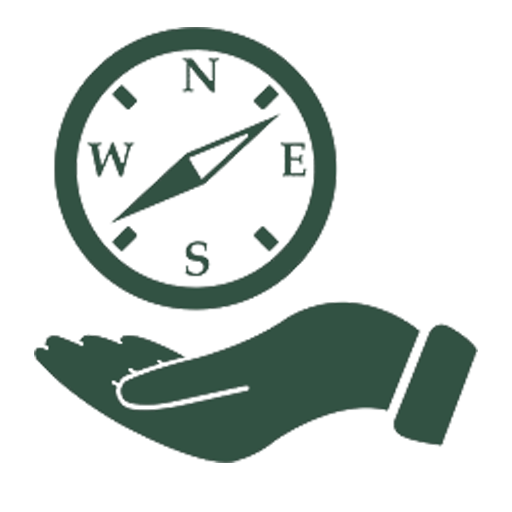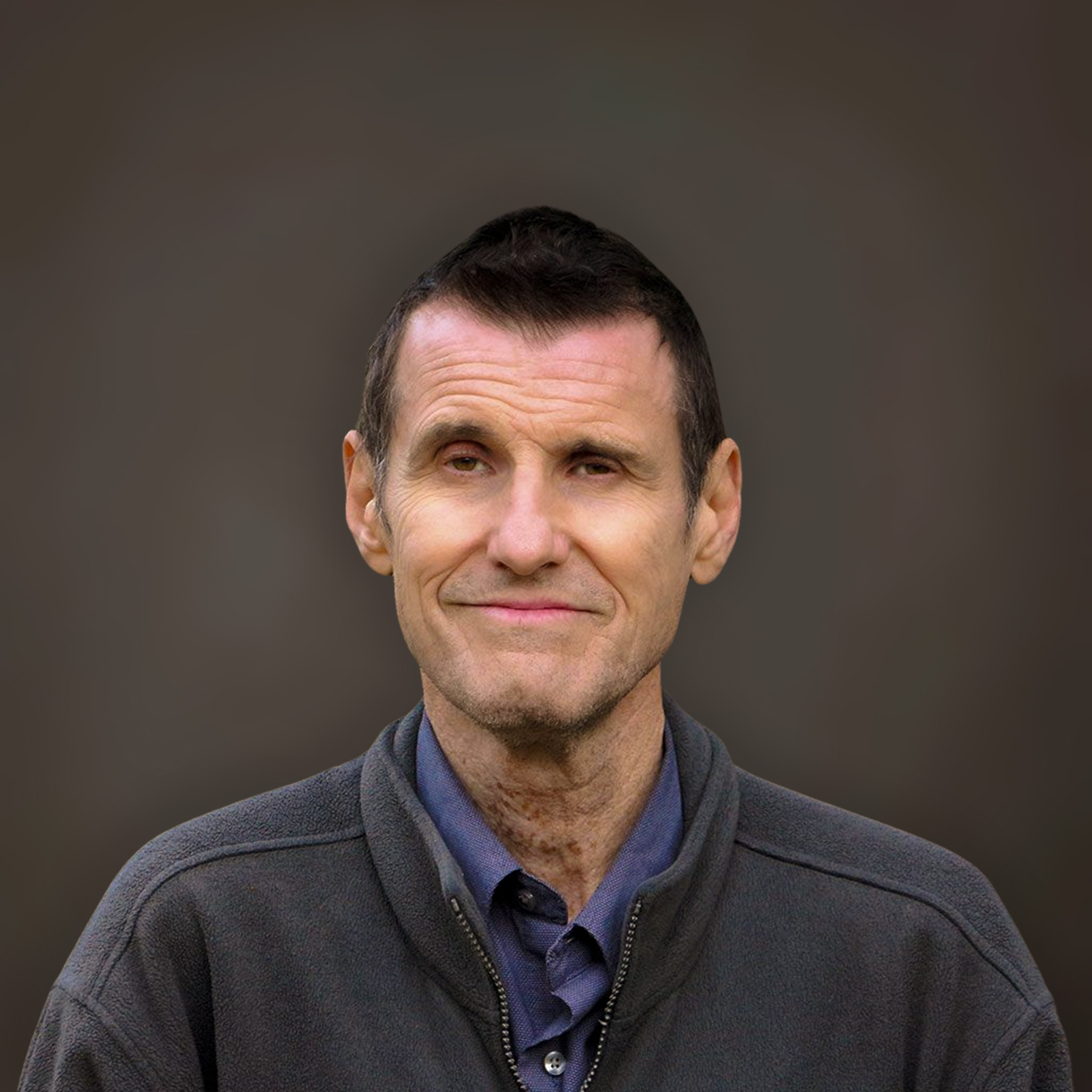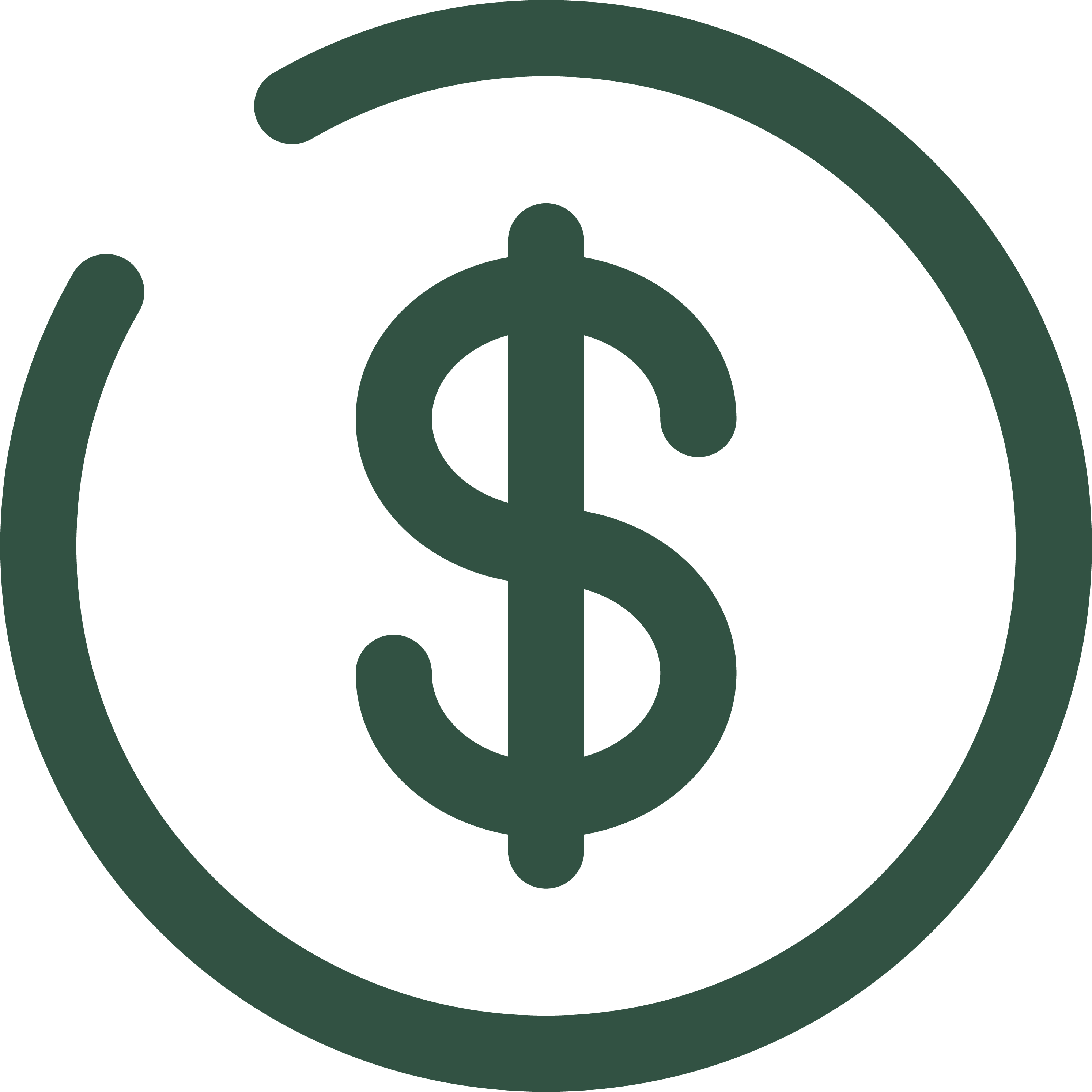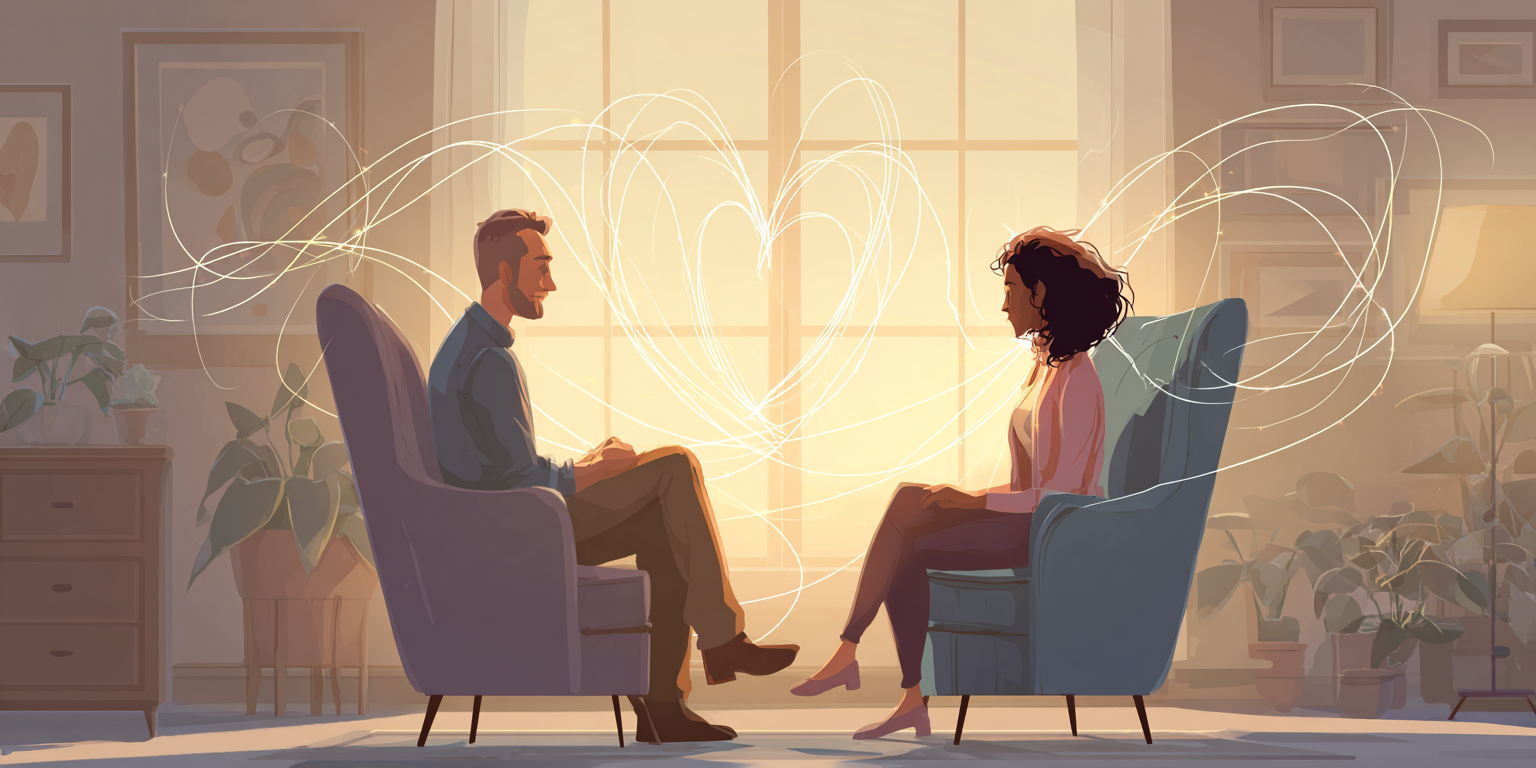
Depression Therapy
Rediscover Hope and Happiness with Professional Support
Rediscover Hope with Support
Feeling hopeless or drained? Depression can make life feel heavy, but help is here. At CPC Clinics in Calgary, we understand it’s more than sadness—it can be exhaustion, irritability, or numbness. Our therapists offer compassionate support and strategies to help you feel like yourself again.
What Our Depression Therapy Includes: We take a whole-person approach—looking at mood, thoughts, habits, and stressors—to create a therapy plan that supports real, sustainable change.
Personalized Assessment:
Personalized Assessment: We start by understanding your depression, its severity, duration, and how it impacts your daily life. You might complete a simple …
Personalized Assessment: We start by understanding your depression , its severity, duration, and how it impacts your daily life. You might complete a simple questionnaire (like PHQ-9) to gauge your symptom level. We also explore any contributing factors (stress, past trauma, health issues) and your strengths. This full picture helps shape a treatment plan that targets the root causes of your depression.

Supportive Talk Therapy:
Supportive Talk Therapy: Sometimes, what you need first is a safe, non-judgmental space to unload what’s on your mind. Our Calgary therapists …
Supportive Talk Therapy: Sometimes, what you need first is a safe, non-judgmental space to unload what’s on your mind. Our Calgary therapists provide just that. Simply talking about your feelings , the numb mornings, the self-critical thoughts, the overwhelm , can bring relief and make you feel less alone. We offer empathy and understanding, validating that depression is real and hard, not a personal weakness.

Cognitive Behavioral Techniques:
Cognitive Behavioral Techniques: We teach you how to recognize the negative thought patterns fueling your depression. For example, depression might tell …
Cognitive Behavioral Techniques: We teach you how to recognize the negative thought patterns fueling your depression. For example, depression might tell you “I’m a failure” or “nothing will ever improve.” In therapy, we fact-check those thoughts and practice generating more balanced, kinder ones. Over time, changing this inner narrative can lighten your mood and improve self-esteem.

Behavioral Activation:
Behavioral Activation: Depression often causes paralysis, you stop doing activities you once enjoyed or neglect daily tasks …
Behavioral Activation: Depression often causes paralysis , you stop doing activities you once enjoyed or neglect daily tasks. We help you gently rebuild a routine that includes positive activities, even when you don’t feel like it. This might mean scheduling a short walk in Fish Creek Park, 5 minutes of journaling in the morning, or re-engaging with a hobby like painting or playing guitar. Small actions can break the cycle of inertia and start improving your mood.

Skill-Building for Coping:
Skill-Building for Coping: You’ll learn strategies to handle tough moments. This could include emotion regulation skills from DBT …
Skill-Building for Coping: You’ll learn strategies to handle tough moments. This could include emotion regulation skills from DBT (to navigate waves of sadness or anger safely), problem-solving techniques for stressful situations (like handling work conflicts or financial worries that worsen depression), and relaxation practices to reduce tension and improve sleep. Our goal is to equip you with a toolbox for life , so you can manage future lows more effectively.
How Depression Therapy Helps You Feel Better
Integrated depression therapy—combining CBT, IPT, ACT, SFBT, and medication collaboration—provides faster relief and fewer relapses than any single approach. Meta-analyses show up to 80% remission in moderate-to-severe cases with combined treatments, outperforming standalone care.

1. Cognitive Behavioral Therapy (CBT)
CBT is a structured, time-limited therapy that targets the negative thought–behavior cycle driving depression. Sessions typically last 12–20 weeks and include …

2. Interpersonal Therapy (IPT)
IPT is a time-limited treatment (12–16 sessions) that focuses on interpersonal relationships and life transitions contributing to depression

3. Acceptance and Commitment Therapy (ACT)
ACT combines mindfulness and values-driven behavior change. Over 8–12 sessions, you learn to accept difficult emotions without judgment and com …

4. Solution-Focused Brief Therapy (SFBT)
SFBT is a goal-directed, strengths-based approach delivered in 6–10 sessions. It emphasizes “exceptions” to the problem and small, actionable steps toward..
Meet Our Calgary Depression Counsellors :

Murray Molohon
MA, BSW, BRE
Registered Psychologist

Zarrin Tasneem
Clinical Director
MACP – Registered Provisional Psychologist
Flexible & Accessible Counselling Options :
We’re committed to making depression therapy compassionate, accessible, and free of pressure—whether you’re in Calgary or anywhere across Alberta.

Sessions start from $240 CAD per session

Insurance billing available under specific conditions

In-person sessions available in Calgary

Virtual therapy sessions offered throughout Alberta
Let’s find a time and format that works best for you.
Blogs:
Depression or Just Burnout? A Guide to Differentiating, and How to Address Each
Learn how to distinguish between depression and burnout, understand their key differences, and explore practical strategies to manage each condition effectively for better mental well-being.
Understanding depression, anxiety, rumination, conflict, and existence-threatening crises causes
There's no need to be alone in your struggle. If you're stuck in cycles of thinking too much, sunk in depression or anxiety, or struggling with big questions about your life's purpose.
Frequently Asked Questions:
Ans: It’s normal to feel sad or “blue” occasionally , that usually passes in a few days. Clinical depression is more intense and long-lasting. Key differences: with depression, sadness (or emptiness) lasts most of the day, nearly every day, for at least two weeks. You might also lose interest in things you used to enjoy, experience changes in appetite or sleep, low energy, difficulty concentrating, feelings of worthlessness, or even recurrent thoughts of death. These symptoms impair your daily functioning , like calling in sick because you can’t get out of bed, or withdrawing from friends. Sadness is a temporary emotion; depression is a medical condition that often requires treatment. If you’re unsure, our Calgary therapists can conduct a proper assessment to see if what you’re experiencing is depression that could benefit from counselling.
Ans : Yes, therapy can help a lot. While it’s true that depression has biological factors (like neurotransmitter imbalances or family history), it’s not only chemical. Your thoughts, behaviors, and environment play significant roles too. Therapy (especially CBT) has been scientifically shown to create changes in brain function similar to medication. It helps rewire negative thought patterns and encourages behaviors that improve brain chemistry (like exercise or engaging in rewarding activities). In fact, medications and psychotherapy are effective for most people with depression , often a combination works best. Even if you have a genetic predisposition, therapy gives you coping tools and strategies to manage depressive episodes and in many cases prevent future relapses. Think of it this way: you can’t change your genes, but you can change your mindset and habits, and that can significantly improve how you feel.
Ans. It depends on the severity of your depression and personal preference. Many people find therapy alone is enough, especially for mild to moderate depression. For moderate to severe depression, a combination of medication and therapy can be very helpful , medication can lift your mood enough to engage in therapy, and therapy provides long-term skills. But the choice is yours. We have clients who prefer to avoid medication; in those cases we focus on therapy techniques and often lifestyle changes (exercise, nutrition, etc.) to improve mood naturally. We also have clients who use medication as a short-term boost while they do therapy. Our therapists in Calgary will never pressure you either way; we can refer you to a physician or psychiatrist if you want a meds consultation. Ultimately, our goal is your improvement , we’ll support whatever avenue (or combination) you’re comfortable with.
Ans: The duration varies. Some individuals with situational depression (like after a job loss or postpartum depression) may start to feel better after 8, 12 sessions (about 2-3 months). Others with chronic or recurrent depression might benefit from a longer course, say 6 months to a year, sometimes with “maintenance” sessions monthly after the initial acute phase. Depression can be like an onion , sometimes we peel one layer (symptoms improve), then discover underlying layers (like long-standing self-esteem issues) that we can work on for more sustained recovery. You’ll likely start with weekly appointments. As you improve, sessions might become biweekly or monthly check-ins. In our Calgary practice, you are in control , we regularly discuss progress with you and adjust the plan. Some clients choose to continue therapy beyond symptom relief to work on personal growth or preventing relapse. Others pause once they’re feeling significantly better, knowing they can return if needed. There’s no one-size-fits-all; we tailor to what works for you.
Ans: That’s okay. We understand depression often comes with fatigue, brain fog, or feeling “shut down.” Our therapists are trained to navigate sessions even if you’re having a low-energy day. Sometimes we might use more structured methods on those days , like doing a worksheet together, or even incorporating creative expression (drawing how you feel) if talking is hard. We can also proceed slowly: maybe we start by just reviewing how your week went and identifying one feeling or event to discuss. Silence is allowed in therapy; you won’t be pressured to speak nonstop. Interestingly, many clients find that even if they arrive not wanting to talk, as the session progresses in a gentle, safe environment, words start to come a bit easier. And if some days you mostly need a compassionate presence or to simply sit and not be alone in your pain , we can do that too. Over time, as the depression lifts, participation in therapy usually becomes easier.
Ans: That can be arranged if it’s helpful. While one-on-one therapy is the primary mode for depression treatment, involving loved ones can sometimes strengthen support at home. For example, we might do a family education session , invite a family member in to learn about depression, so they understand it’s not just “laziness” and get tips on how to help you (and themselves). Or, if relationship issues are entwined with your depression, a joint session or two with your partner might be useful (similar to couples counselling). We’ll discuss the potential benefits and drawbacks with you. It’s completely your choice , confidentiality is key, so we’d only involve others with your consent and if you feel it would aid your progress. Many clients do find that when family is educated about what they’re going through, it reduces conflict and increases support, which can boost recovery.
Ans: We strive to make therapy accessible. First, check your insurance , many extended health benefit plans in Canada cover sessions with a registered psychologist or clinical social worker. If you have no coverage or limited coverage, let us know. We do have some options: sliding scale spots or payment plans may be available based on financial need. Additionally, our free 20-minute consultation is a chance to get advice at no cost, and we can also point you to community resources in Calgary (support groups, low-cost clinics) if needed. The well-being of our community matters to us, so don’t hesitate to discuss your situation. We’ll do our best to find a workable solution because you deserve support, regardless of your financial situation.







